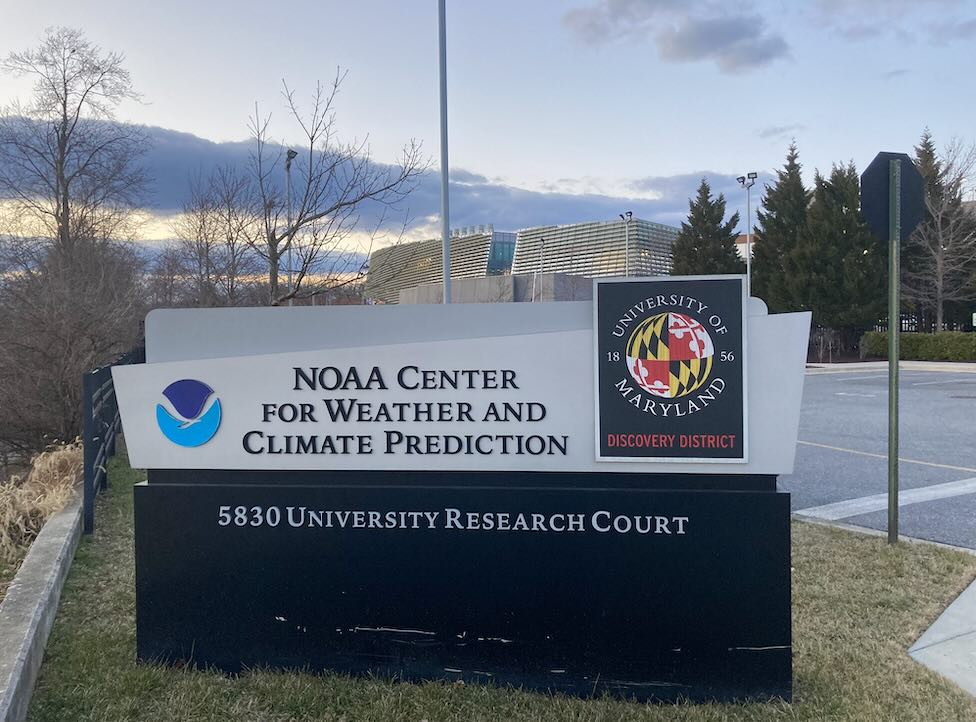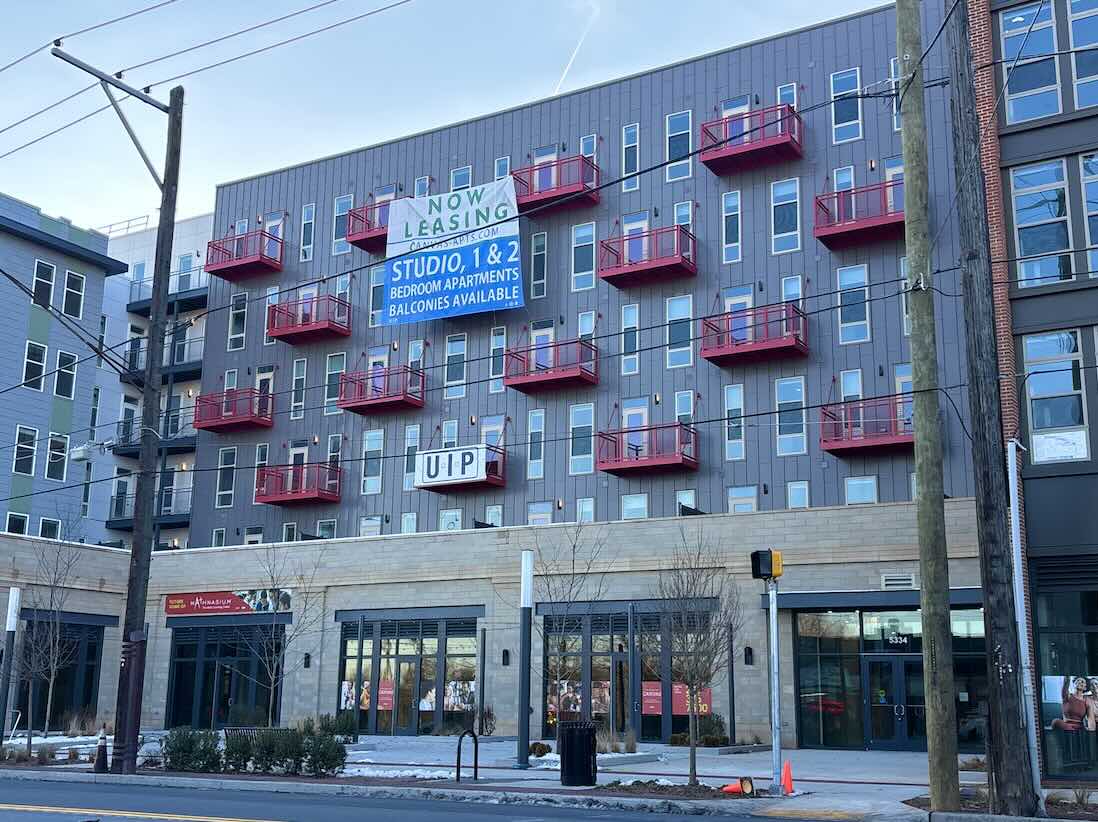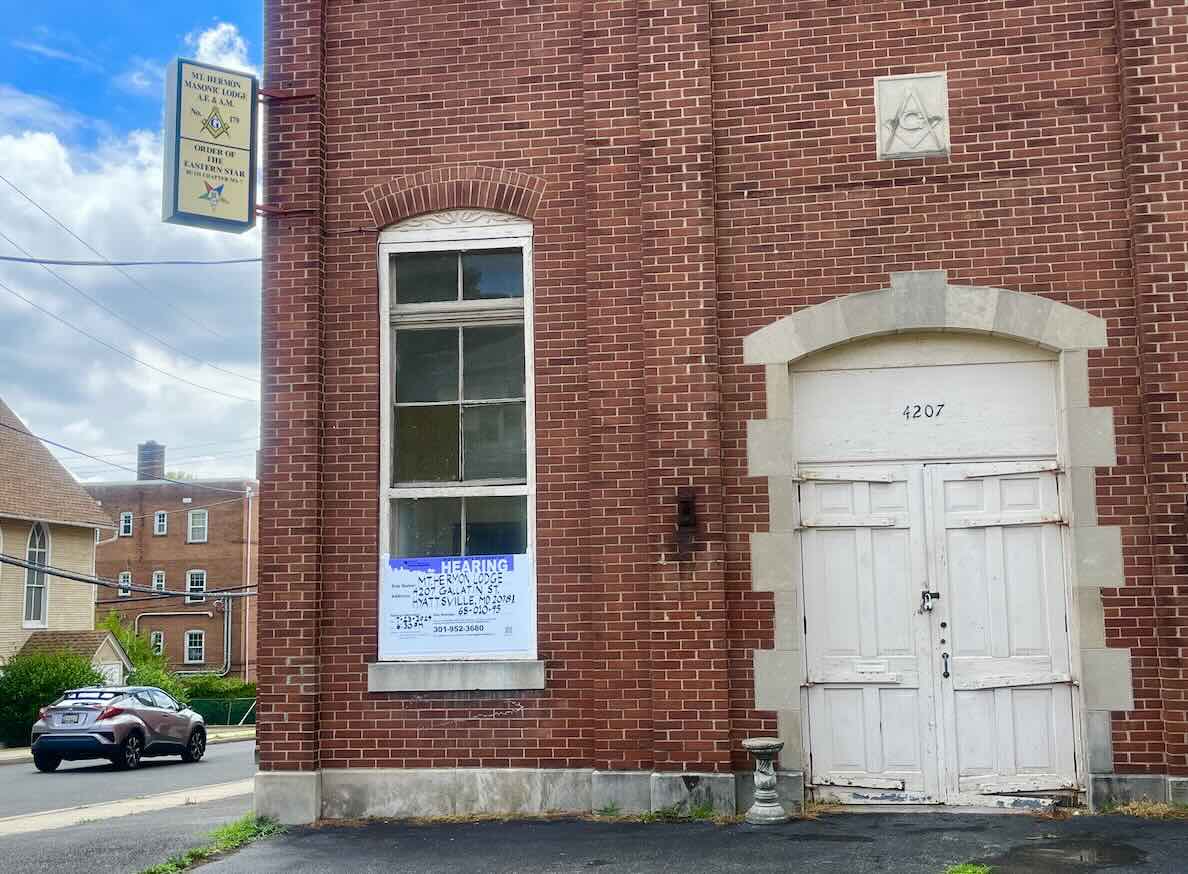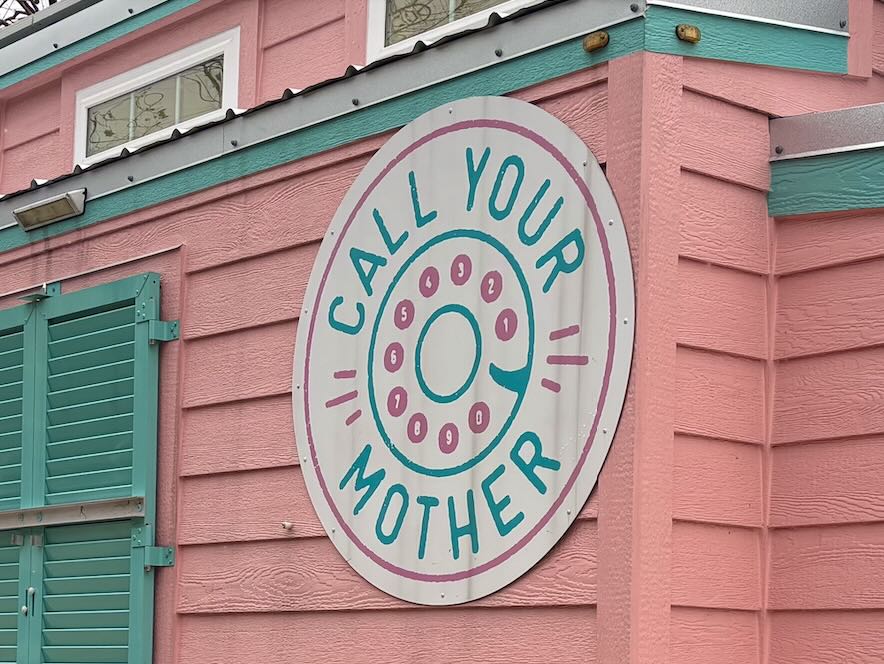This much we can say definitively: The word “cocktail” was not coined at 8:15 a.m. on April 17, 1846, at the old Palo Alto Hotel in Bladensburg.
But you might not be faulted for believing that.
Legendary Baltimore newspaperman H.L. Mencken, future author of the first book on “The American Language,” once wrote a seemingly conclusive account of the origins of the word.
Printed in the Baltimore Sun in 1908, “The Secret History of the Cocktail” purported to relate the word’s backstory from “an intellectual Baltimore street bartender” who cited everything from a Smithsonian Institute report to a book called Die Alkoholismus by a Dr. Ferdinand Braun of Halle, Germany.
As the story had it, a bartender at the hotel on that day invented the cocktail to settle the nerves of a man who had just been involved in a duel at the nearby dueling grounds. The article proved very convincing and was widely reprinted, cited and quoted.
The only trouble was that everything about it — from the story of the duel to the academic citations to the street bartender relating it — was completely bogus.
Though he was a pretty good journalist for his day, Mencken had a Twain-like streak in him that liked to play around with hoaxes like this. In 1917, he ran a similar prank relating the secret history of the bathtub. (He later confessed, but the hoax was so successful it was still being repeated in 2001.)
The cocktail prank was not nearly as successful, and most etymologists today still have no idea exactly how or why the word came to be applied to mixed drinks.
As Mencken himself later wrote in a footnote in “The American Language,” the “etymology of cocktail has long engaged the learned, but without persuasive result.” His best guesses were a derivation of “cock ale,” a combination of stale beer and bread made for roosters training for cockfights and the French drink “coquetel.”
Needless to say, he did not mention anything about a bartender in a Bladensburg hotel.


















